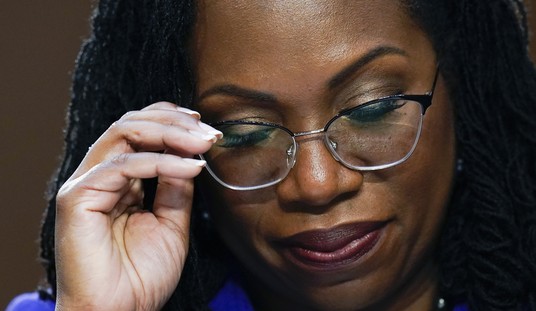At a talk on Pakistan I recently attended, after one member of the audience asked the speaker whether Islamic terrorism could be banished by dealing with the “root causes of violence”, i.e. poverty and disenfranchisment, the speaker paused thoughtfully and replied that it was not necessarily the case. For example, he said, the perpetrators of many of the most notorious terrorist attacks were well-educated (often Western educated) and prosperous individuals. They were doctors and engineers, not impoverished graduates of madrassas who were (he added parenthetically) more poorly represented in terrorist leadership than one would think. In 2005, the Hoover Institute challenged the conventional wisdom that prosperity automatically brought freedom in a Bruce Bueno de Mesquita article entitled “Development and Democracy”.
To understand how authoritarian regimes manage this trick, it helps to understand the concept of strategic coordination … Threading this needle is difficult but not, as it turns out, impossible. Gradually, through trial and error, oppressive regimes have discovered how to suppress opposition activity without totally undermining economic growth by carefully rationing a particular subset of public goods—goods that are critical to political coordination but less important for economic cooperation. By restricting these goods, autocrats have insulated themselves from the political liberalization that economic growth promotes.
By trimming their attacks around the public’s core pocketbook, autocrats have found a way to pare away the freedoms while keeping the public in the earning/consumption mode. The article continues:
Examples of this strategy abound, including these cases during the past three years. China has periodically blocked access to Google’s English-language news service and recently forced Microsoft to block words such as freedom and democracy on the Microsoft software used by bloggers. Those moves were only the latest in a long line of Chinese restrictions on Internet-related activity, running the gamut from creating a special Internet police unit to limiting the number of Internet gateways into China. In Russia, meanwhile, President Vladimir Putin has placed all national television networks under strict government control. In October 2003, he engineered the arrest of Mikhail Khodorkovsky, one of his most prominent critics; a highly visible prosecution followed.
In Venezuela, President Hugo Chávez pushed through a new law in December 2004 allowing him to ban news reports of violent protests or of government crackdowns and to suspend the broadcasting licenses of media outlets that violate any of a long list of broadly phrased regulations. And in Vietnam, the government has imposed strict controls on religious organizations and branded the leaders of unauthorized religious groups (including Roman Catholics, Mennonites, and some Buddhists) as subversives.
Each of these cases has involved the restriction of what might be called coordination goods—that is, those public goods that critically affect the ability of political opponents to coordinate but that have relatively little impact on economic growth. Coordination goods are distinct from more-general public goods—transportation, health care, primary education, and national defense—which, when restricted, have a substantial impact on both public opinion and economic growth.
The recent Federal Government economic interventions, as exemplified in TARP and the Chrysler bankruptcy, have highlighted the question of how far you can choke the goose without keeping it from laying the Golden Egg. It turns out that at the margins freedom in the West has a surprisingly low price, in part I think because its citizens think they can never lose all of it. But maybe it isn’t a given either, any more than the idea that more freedom always comes with a bigger paycheck.










Join the conversation as a VIP Member